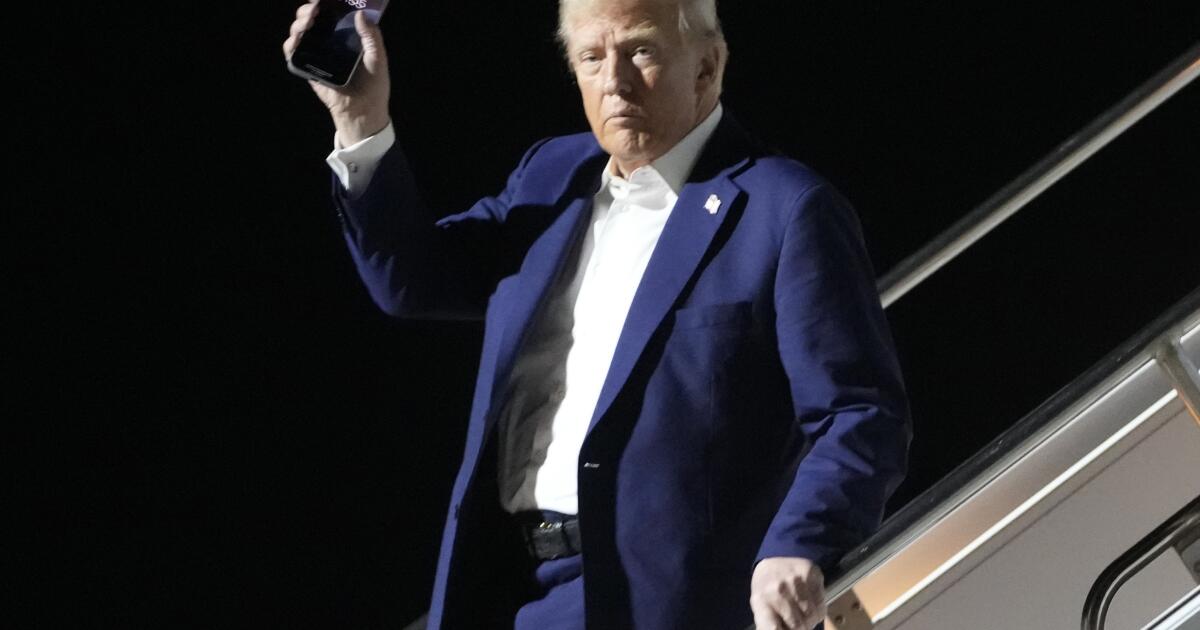MOSCOW/LONDON (Reuters) – Russian President Vladimir Putin’s suggestion of a ceasefire in Ukraine to freeze the war was rejected by the United States after contacts between intermediaries, three Russian sources with knowledge of the discussions told Reuters.
The failure of Putin’s approach ushers in a third year of the deadliest conflict in Europe since World War Two and illustrates just how far apart the world’s two largest nuclear powers remain.
A U.S. source denied there had been any official contact and said Washington would not engage in talks that did not involve Ukraine.
Putin sent signals to Washington in 2023 in public and privately through intermediaries, including through Moscow’s Arab partners in the Middle East and others, that he was ready to consider a ceasefire in Ukraine, the Russian sources said.
Putin was proposing to freeze the conflict at the current lines and was unwilling to cede any of the Ukrainian territory controlled by Russia, but the signal offered what some in the Kremlin saw as the best path towards a peace of some kind.
“The contacts with the Americans came to nothing,” a senior Russian source with knowledge of the discussions in late 2023 and early 2024 told Reuters on condition of anonymity due to the sensitivity of the situation.
A second Russian source with knowledge of the contacts told Reuters that the Americans told Moscow, via the intermediaries, they would not discuss a possible ceasefire without the participation of Ukraine and so the contacts ended in failure.
A third source with knowledge of the discussions said: “Everything fell apart with the Americans.” The source said that the Americans did not want to pressure Ukraine.
The extent of the contacts – and their failure – has not previously been reported.
It comes as U.S. President Joe Biden has for months been pushing Congress to approve more aid for Ukraine, but has faced opposition from allies of Republican presidential nomination frontrunner Donald Trump.
The Kremlin, the White House, the U.S. State Department and the Central Intelligence Agency (CIA) all declined to comment.
U.S. SAYS ‘NO BACK CHANNEL’
Putin sent thousands of troops into Ukraine in February 2022, triggering a full-scale war after eight years of conflict in eastern Ukraine between Ukrainian forces on the one side and pro-Russian Ukrainians and Russian proxies on the other.
Ukraine says it is fighting for its existence and the West casts Putin’s invasion as an imperial-style land grab that challenges the post-Cold War international order.
Ukrainian President Volodymyr Zelenskiy says he will never accept Russia’s control over Ukrainian land. He has outlawed any contacts with Russia.
A U.S. official, speaking in Washington on condition of anonymity, said that the U.S. has not engaged in any back channel discussions with Russia and that Washington had been consistent in not going behind the back of Ukraine.
The U.S. official said that there appeared to have been unofficial “Track II” conversations among Russians not in the government but that the United States was not engaged in them.
The U.S. official said Putin’s proposal, based on what has been publicly reported, was unchanged from past demands that Russia hold on to Ukrainian territory. The official suggested that there appeared to be frustration in Moscow that Washington had repeatedly refused to accept it.
Putin told U.S. talk-show host Tucker Carlson last week that Russia was ready for “dialogue”.
CONTACTS
Intermediaries met in Turkey in late 2023, according to three Russian sources.
A fourth diplomatic source said that there had been Russian-U.S. unofficial contacts through intermediaries at Russia’s initiative but that they appeared to have come to nothing.
The U.S. official said he was unaware of unofficial contact through intermediaries.
According to three Russian sources, Putin’s signal was relayed to Washington, where top U.S. officials including White House National Security Adviser Jake Sullivan, Central Intelligence Agency Director Bill Burns and U.S. Secretary of State Antony Blinken met.
The idea was that Sullivan would speak to Putin’s foreign policy adviser, Yuri Ushakov, and set out the next steps, one of the Russian sources said.
But when the call came in January, Sullivan told Ushakov that Washington was willing to talk about other aspects of the relationship but would not speak about a ceasefire without Ukraine, said one of the Russian sources.
The U.S. official refused to be drawn on any details of Sullivan’s purported calls, or whether such a conversation with Ushakov took place.
PUTIN ‘READY TO FIGHT ON’
One of the Russian sources expressed frustration with the United States over Washington’s insistence that it would not nudge Ukraine towards talks given that the United States was helping to fund the war.
“Putin said: ‘I knew they wouldn’t do anything’,” another of the Russian sources said. “They cut off the root of the contacts which had taken two months to create.”
Another Russian source said that the United States did not appear to believe Putin was sincere.
“The Americans didn’t believe Putin was genuine about a ceasefire – but he was and is – he is ready to discuss a ceasefire. But equally Putin is also ready to fight on for as long as it takes – and Russia can fight for as long as it takes,” the Russian source said.
The Kremlin sees little point in further contacts with the United States on the issue, the Russian sources said, so the war would continue.
(Writing by Guy Faulconbridge in Moscow; Additional reporting by Steve Holland in Washington; Editing by Alex Richardson)
